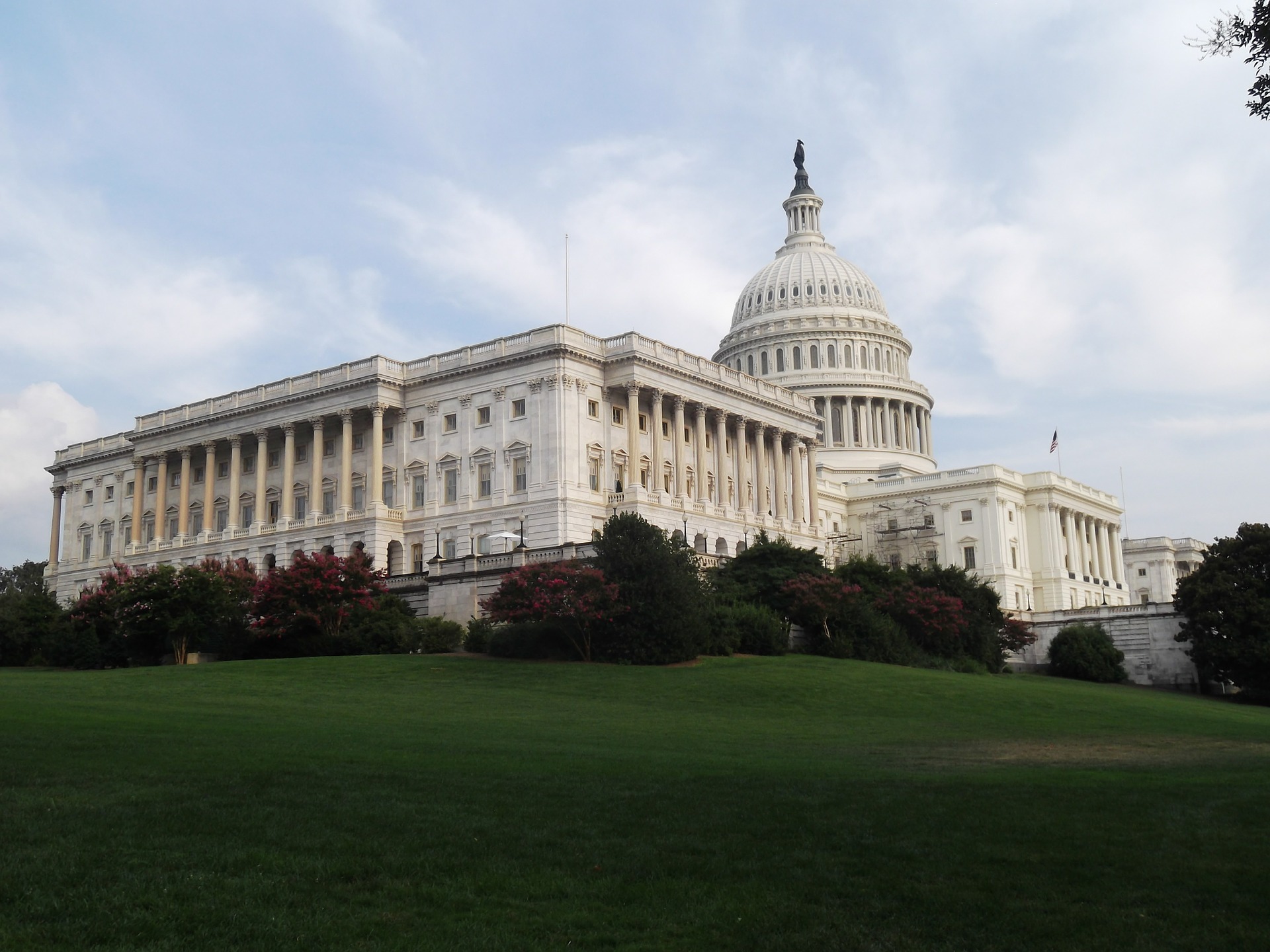
Award-Winning Paper: "The Many Revolutions of Carpenter"
For the tenth year, FPF’s annual Privacy Papers for Policymakers program is presenting to lawmakers and regulators award-winning research representing a diversity of perspectives. Among the papers to be honored at an event at the Hart Senate Office Building on February 6, 2020 is The Many Revolutions of Carpenter by Paul Ohm of Georgetown University […]

Award-Winning Paper: "Privacy's Constitutional Moment and the Limits of Data Protection"
For the tenth year, FPF’s annual Privacy Papers for Policymakers program is presenting to lawmakers and regulators award-winning research representing a diversity of perspectives. Among the papers to be honored at an event at the Hart Senate Office Building on February 6, 2020 is Privacy’s Constitutional Moment and the Limits of Data Protection by Woodrow […]

Examining Industry Approaches to CCPA “Do Not Sell” Compliance
By Christy Harris and Charlotte Kress Over the past year, the online advertising (“ad tech”) industry has grappled with the practical challenges of complying with the new California Consumer Privacy Act (CCPA). Once the new law — the first of its kind in the United States — goes into effect on January 1, 2020, businesses […]

Privacy Papers 2019
The winners of the 2019 Privacy Papers for Policymakers (PPPM) Award are: Antidiscriminatory Privacy by Ignacio N. Cofone, McGill University Faculty of Law Abstract Law often regulates the flow of information to prevent discrimination. It does so, for example, in Law often blocks sensitive personal information to prevent discrimination. It does so, however, without a […]

This Year’s Must-Read Privacy Papers: FPF Announces Recipients of Annual Award
Today, FPF announced the winners of the 10th Annual Privacy Papers for Policymakers (PPPM) Award. This Award recognizes leading privacy scholarship that is relevant to policymakers in the United States Congress, at U.S. federal agencies and for data protection authorities abroad. The winners of the 2019 PPPM Award are: Antidiscriminatory Privacy by Ignacio N. Cofone, […]

Legislative Resources
Recent work California’s Prop 24, the “California Privacy Rights Act,” Passed. What’s Next? Comparing Privacy Laws: GDPR v. CCPA Off to the Races for Enforcement of California’s Privacy Law California Privacy Legislation: A Timeline of Key Events Comparing the Washington Privacy Act to GDPR, CCPA, and More Tech Talk with the Regulators – Understanding Anonymization […]

FPF Receives Grant To Design Ethical Review Process for Research Access to Corporate Data
Future of Privacy Forum (FPF) has received a grant to create an independent party of experts for an ethical review process that can provide trusted vetting of corporate-academic research projects. FPF will establish a pool of respected reviewers to operate as a standalone, on-demand review board to evaluate research uses of personal data and create a set of transparent policies and processes to be applied to such reviews.

COPPA Workshop Takeaways
On Monday, the Federal Trade Commission (FTC) held a public workshop focused on potential updates to the Children’s Online Privacy Protection Act (COPPA) rule. The workshop follows a July 25, 2019 notice of rule review and call for public comments regarding COPPA rule reform. The comment period remains open until December 9th. Senior FTC officials […]

FPF Appoints Robbert van Eijk as Managing Director for Europe
FPF Expanding EU Programming BRUSSELS – October 1, 2019 – The Future of Privacy Forum (FPF) today announced Robbert van Eijk as managing director for its operations in Europe. In this role, Eijk will implement FPF’s agenda in Europe, oversee its day-to-day operations, and manage relationships with stakeholders in industry, government, academia, and civil society. […]

What is 5G Cell Technology? How Will It Affect Me?
The leap from 3G to 4G technology brought with it faster data transfer speeds, which supported widespread adoption of data cloud and streaming services, video conferencing, and Internet of Things devices such as digital home assistants and smartwatches. 5G technology has the potential to enable another wave of smart devices: always connected and always communicating to provide faster, more personalized services.
